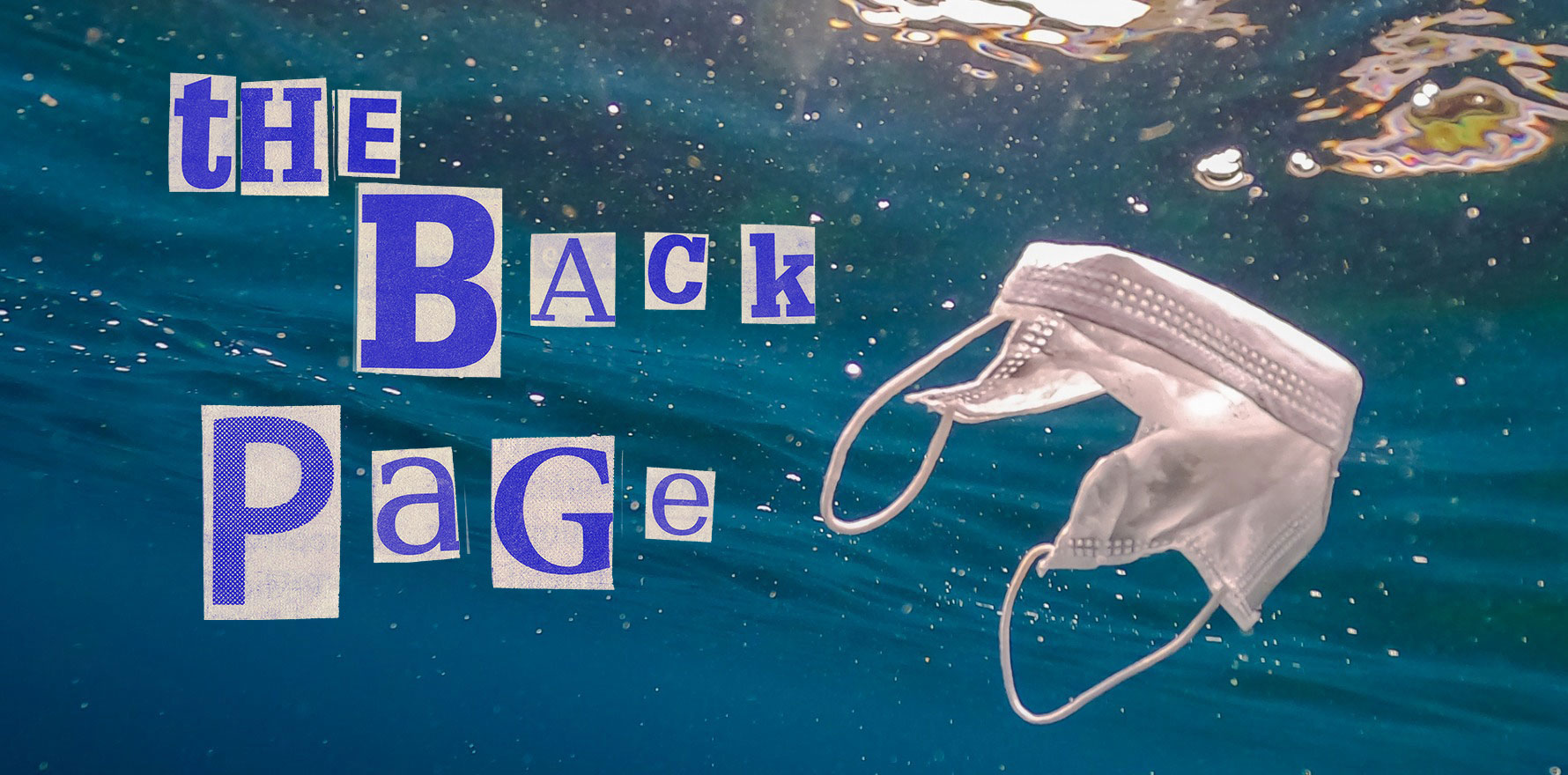Upcycling masks makes stronger cement, and a new enzyme can munch through plastics in hours.
The volume of waste generated by the medical industry, even in a good year pre-pandemic, bears thinking about only for a certain kind of masochist.
Since early 2020, untold megatonnes of disposable PPE and hundreds of millions of test kits have been thrown away – never mind all the extra plastic forks from lockdown deliveries.
According to this WHO report from February, one estimate has it that in 2020 up to 3.4 billion single-use masks were discarded every day …
And don’t even ask yourself what those mask strings do to aquatic animals.
So it’s warming to see two very different advances with the potential to stop us burying the planet in garbage.
A Washington State University team has found that the microfibres in disposable surgical masks can make cement 50% stronger.
“I’m always looking out for waste streams, and my first reaction is ‘how do I turn that into something usable in concrete or asphalt?’” corresponding author Professor Xianming Shi told the university press. It really is an ill wind that blows nobody any good.
The team removed metal and loops from masks, cut them up and mixed them in a solution of graphene oxide, which adheres to the fibres, before adding it all to cement paste. The cement had 47% better splitting tensile strength with the mask fibres.
Microbfibres are usually expensive to add to cement, and cement manufacture is an emissions-intensive process, so a stronger formula that makes a structure may last longer or require less cement to build is a win-win.
Now the team just needs to test a process for salvaging masks from muddy pavements and bins.
Another team at the University of Austin has come up with something even more remarkable and necessary: modifying an enzyme to allow bacteria to digest polyethylene terephthalate, or PET, in a week or even a matter of hours – a process that takes hundreds of years under natural conditions. PET polymers, the authors say, account for 12% of solid waste globally.
The team took a naturally occurring PET hydrolase, or PETase, and applied machine learning to find five mutations that would speed things up.
They tested “FAST-PETase” (functional, active, stable and tolerant PETase) on 51 types of untreated, post-consumer thermoformed PET. Not only did the plastic degrade almost completely within a week, but the team was able to reconstitute PET from monomers recovered from the process.
The Back Page thinks this is wonderful news and also a marketing dream – here’s the FAST-PET(ase) mascot:
If you see something that makes you undespair for the planet, tell felicity@medicalrepublic.com.au


